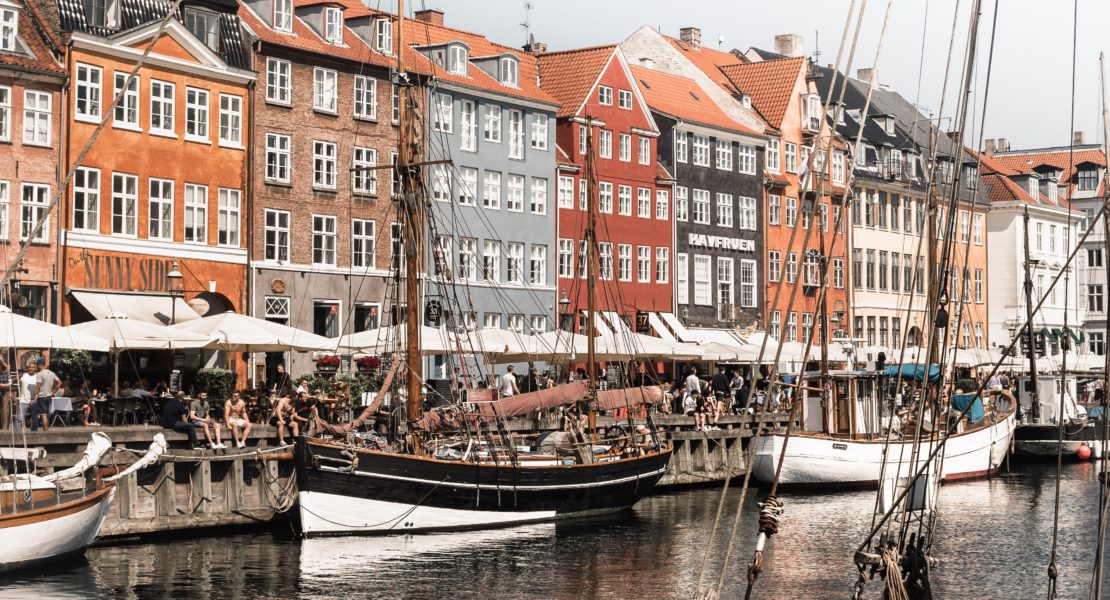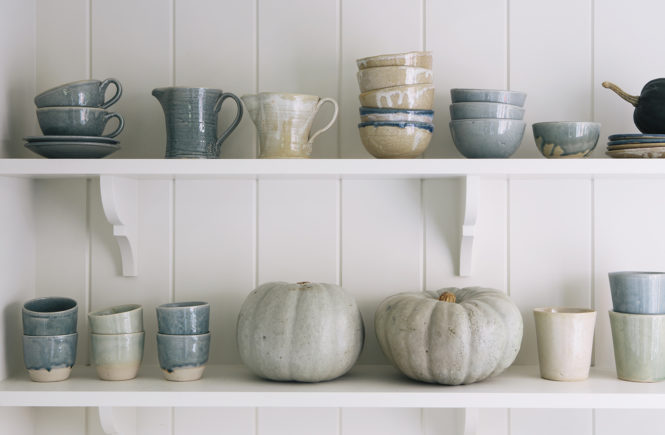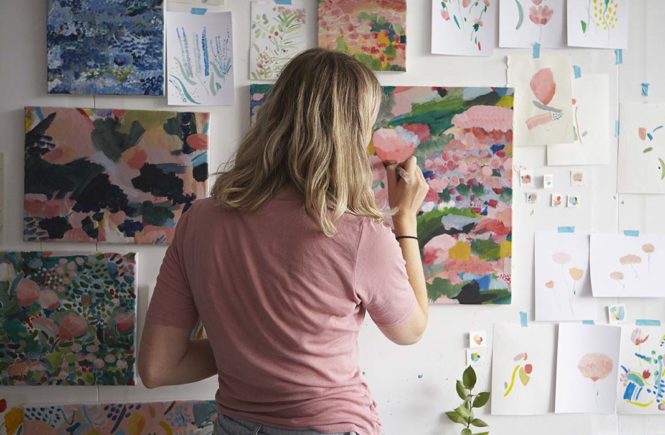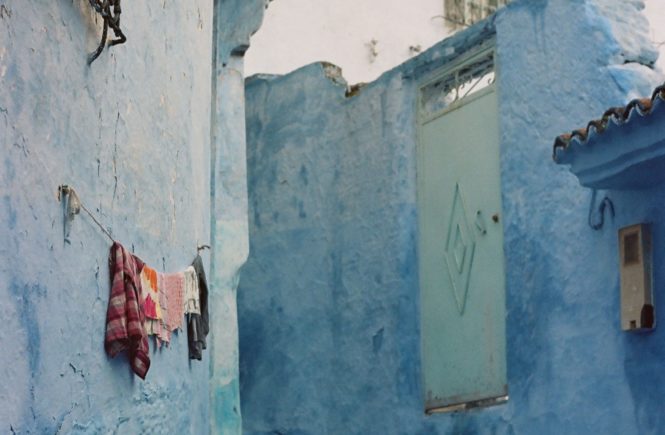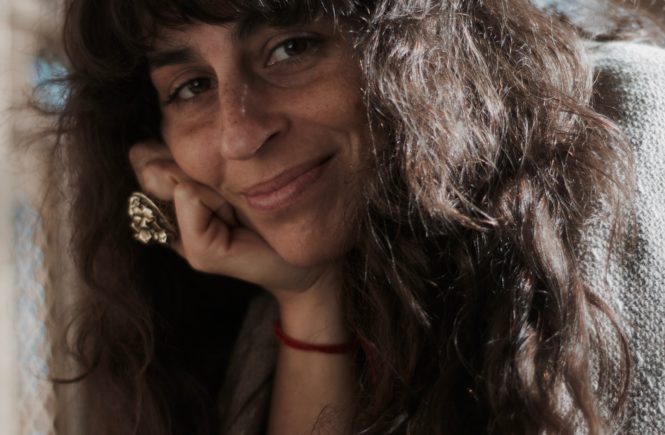Meet Emily Mathieson, former journalist turned social entrepreneur and founder of Aerende – an ethical interiors platform, selling beautiful homewares, and at the same time providing opportunities for makers from marginalised groups. Incorporating considered craft and mindful making with purpose, Emily was a natural choice as THE THREAD JOURNAL’s latest Insider – an individual who embodies a connection to their surroundings at home and in their work.
Emily’s passion for carefully made, life-improving homewares led her on a quest to find a way to create a model to allow for socially conscious shopping without compromising on quality or style.
These principles run through both Emily’s business and her own home, as she places importance on beauty, craft and creativity for wellbeing, for both maker and consumer. Most recently, Aerende has introduced ethical, entirely environmentally friendly gift lists, making it possible for major life events to be an opportunity to spread the message with care and intention, ultimately creating a positive impact on the world.
I spoke to Emily about the ethos that underpins both Aerende and her own connection to space. I was fascinated to see how this ripples out, elevating the value of beauty and craft to improve lives, creating meaningful social change in the interiors industry, and beyond.
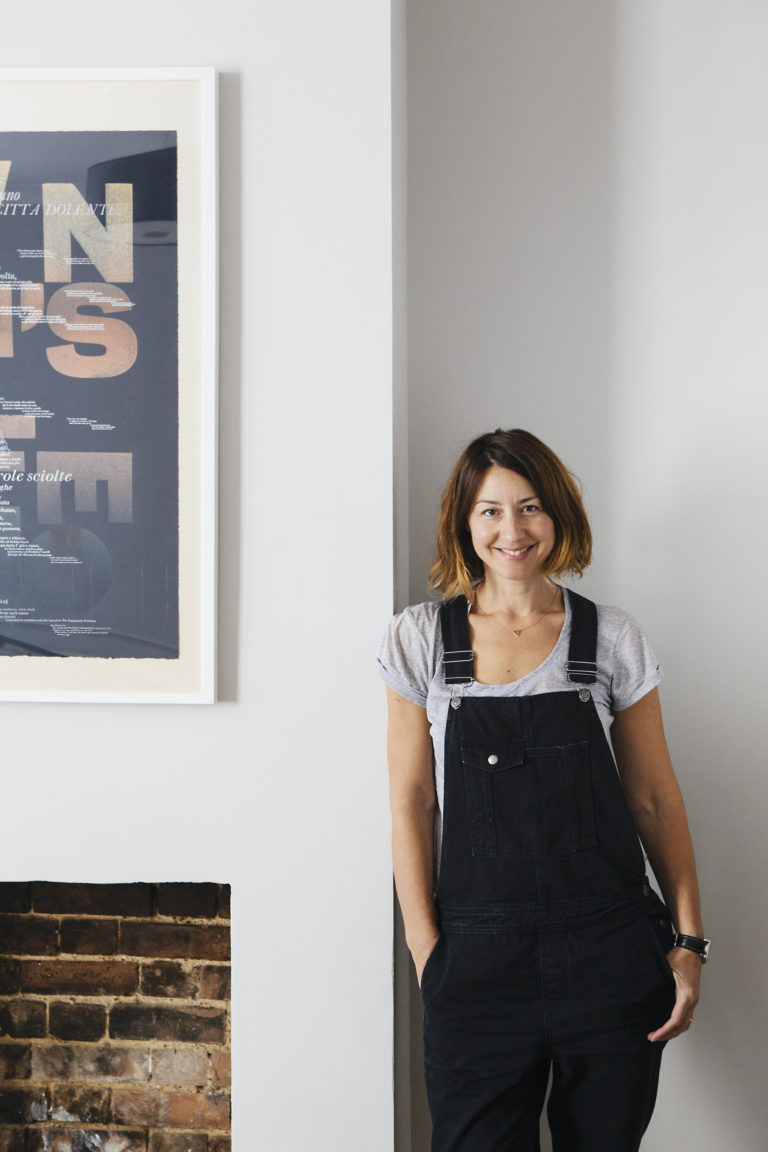
Describe who you are and what you do.
I am a former travel and lifestyle journalist turned social entrepreneur, who launched Aerende in 2016 as a way of raising awareness about ethical interiors, and providing opportunities for marginalised makers while creating valuable revenue for the organisations that support them.
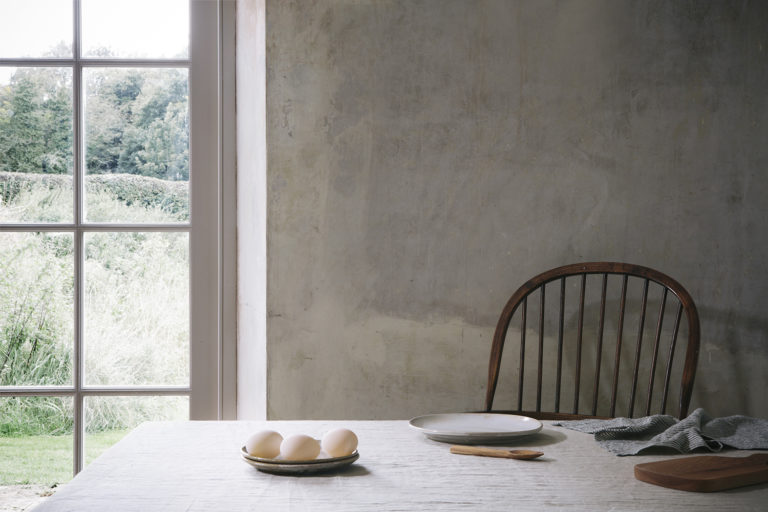
What led you on your path?
The idea for Aerende really came to fruition when I bought an amazing wicker basket, made by people with learning disabilities, at a craft fair near my home in St Albans in summer 2015. They explained that they had only sold one that day and I knew that if they could reach a wider audience the baskets would sell really well, raising the makers’ self-esteem and increasing revenue for the charity that supports and teaches these meaningful activities.
I spoke to a number of other charities and organisations who felt passionate about the benefits of their creative work but lacked the skills or inclination to create a brand and sell online in a more organised and upmarket way. So began the Aerende journey. The combination of our makers’ amazing techniques and products and my enthusiasm for telling their stories has come to fruition in the store you see today, which launched in autumn 2016.
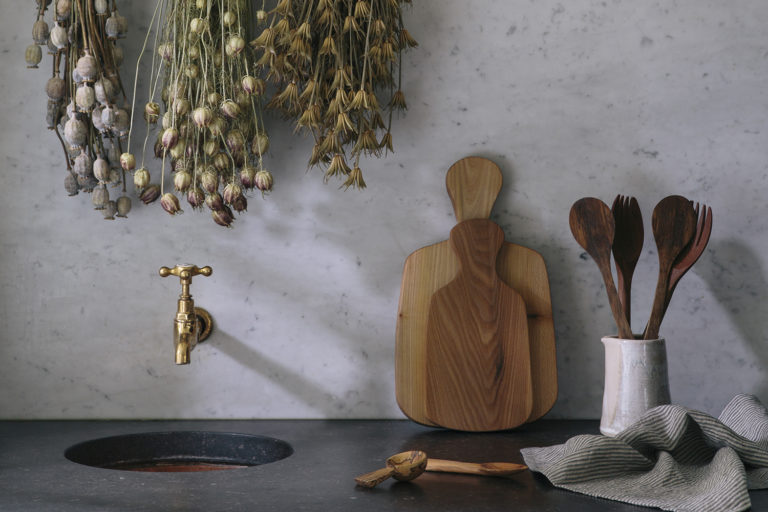
Why is the social aspect of business important to you?
I’m a big believer in the idea that spending money is a vote for the kind of world you want to live in and that business can be a great driving force behind social change. Social enterprises like mine are a showcase for a new kind of model that uses capitalism to solve some of the problems it creates and recognising that business can be a huge force for good, not just in the way a company is run but in how it can influence consumers to think more deeply about their purchasing habits. Hardly anyone in the UK is talking about ethical interiors or ethical gifting so I really feel that our products have a necessary place to help fuel those conversations.
These are brand values not just from a marketing perspective but because I genuinely believe in them and they are enshrined in the name – Aerende (pronounced air-en-day), an Olde English word that means care or message.
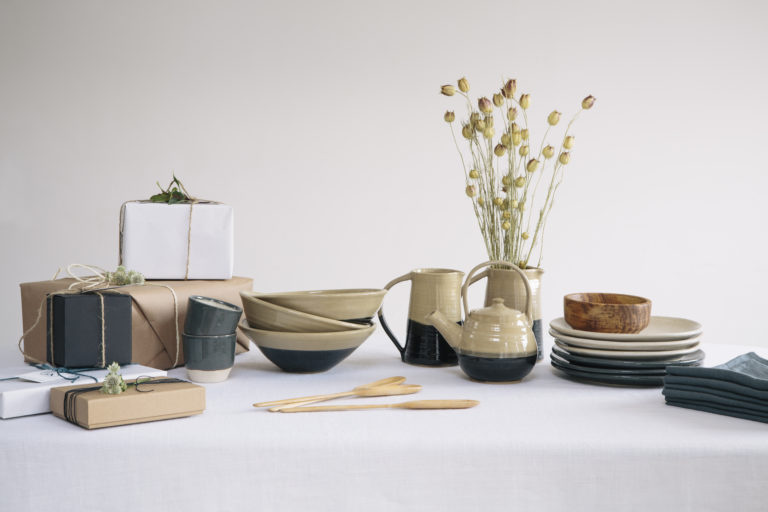
How are Aerende’s homewares life-improving?
Because they bring joy and happiness to makers and owners.
What positive effects have you seen amongst your makers and customers?
Our products should make the makers feel empowered and the owners feel joy (in the real sparking joy way!) Knowing that our chopping board is the most sustainable chopping board you can buy in the UK, or that our candles are the most ethical is really important to me.
Wouldn’t it be awful to sell or own products that you know have been made off the back of another human’s suffering, or whose materials lead to water and land pollution and degradation? There is an alternative and Aerende’s mission is to help people realise how much better it makes you feel to own products that you can cherish forever and that you know will create opportunities for people often overlooked by society.
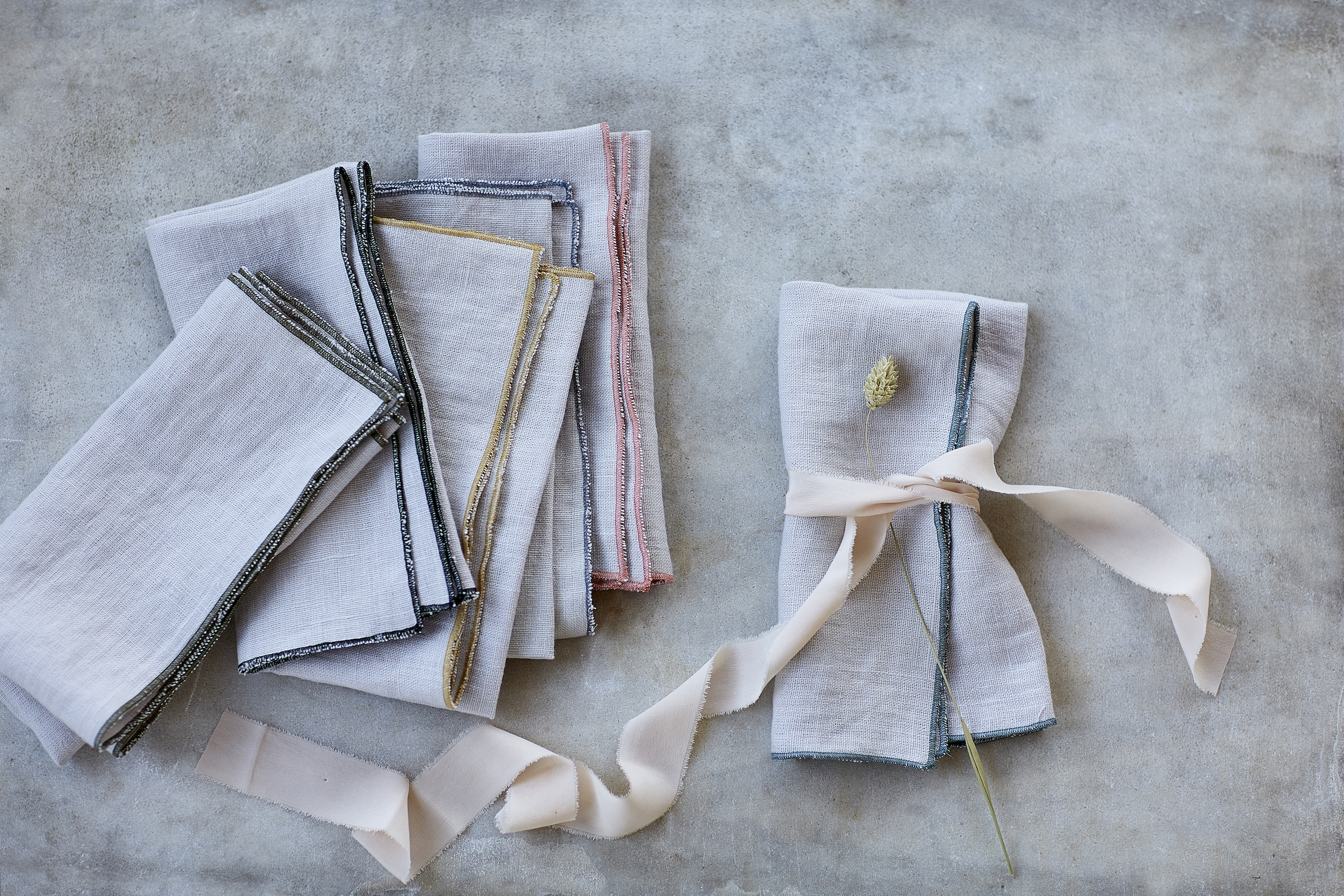
How will this create wider social change?
We see our impact occurring in four main areas:
- Maker wellbeing and self-esteem – challenging stigma, providing a platform and facilitating skills/talent
- Supporting maker organisations – facilitating and promoting their therapeutic/charitable work and improving their viability (via revenue and profile)
- Consumer behaviour and wider social change – increasing awareness and desirability of ethical manufacturing and purchasing (and what ethical actually means)
- Environmental and social example setting – proving that integrity in business doesn’t have to be a barrier for success
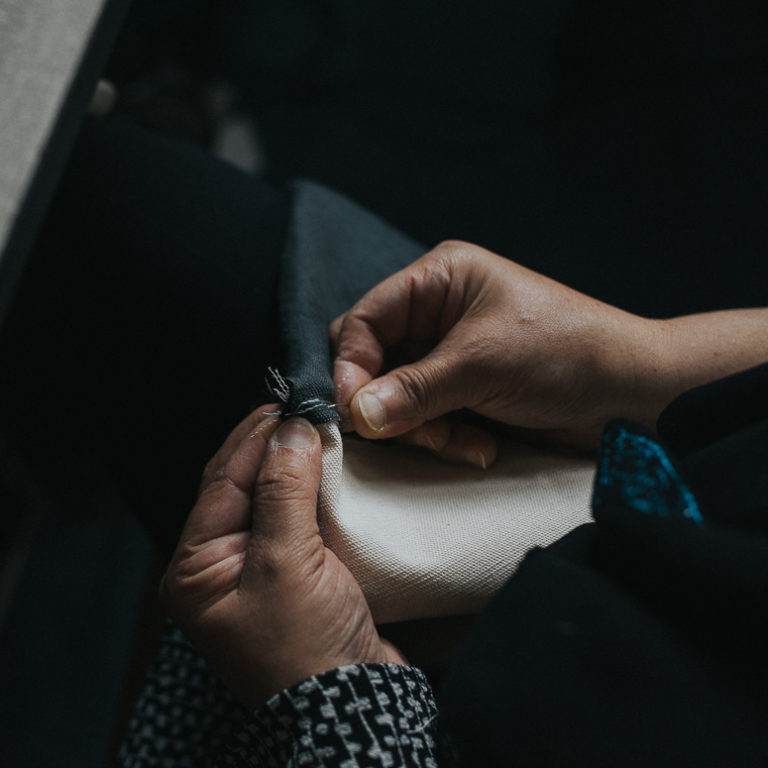
Where is home for you?
An Edwardian terrace in the historic market town of St Albans (about 20 minutes outside London).
How would you describe your home?
Calming, considered & crafted.
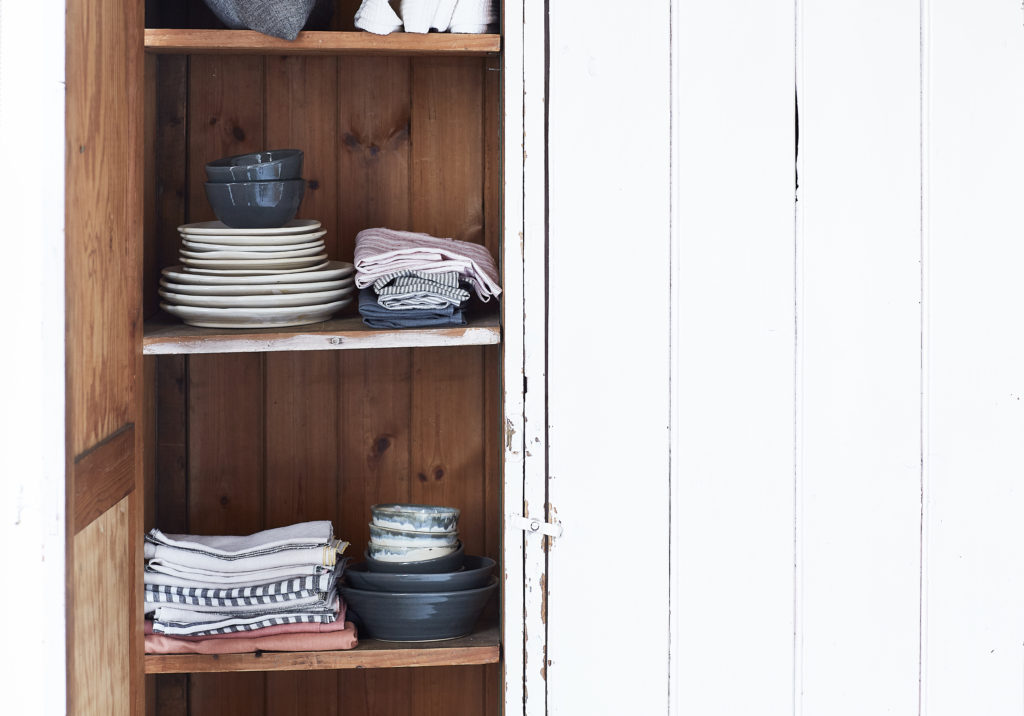
Do you have a sacred space or favourite place in your home?
The kitchen is the heart of our home. Even though quite a few things went wrong in its creation (the units were hung on the wonk, the concrete floor coating didn’t really work), it has just a really lovely light and atmosphere. It feels warm and cosy in winter thanks to rugs from Morocco and our Ian Mankin organic fabric-covered window seat, and cool and light in the summer, when we can overlook the garden and listen to the birds over an evening glass of rosè on the deck.
We have our initials – JELO – carved into the floor of the room as I really want this place to be a place that bears the stamps and shape of us. Hopefully forever, or at least a very long time.
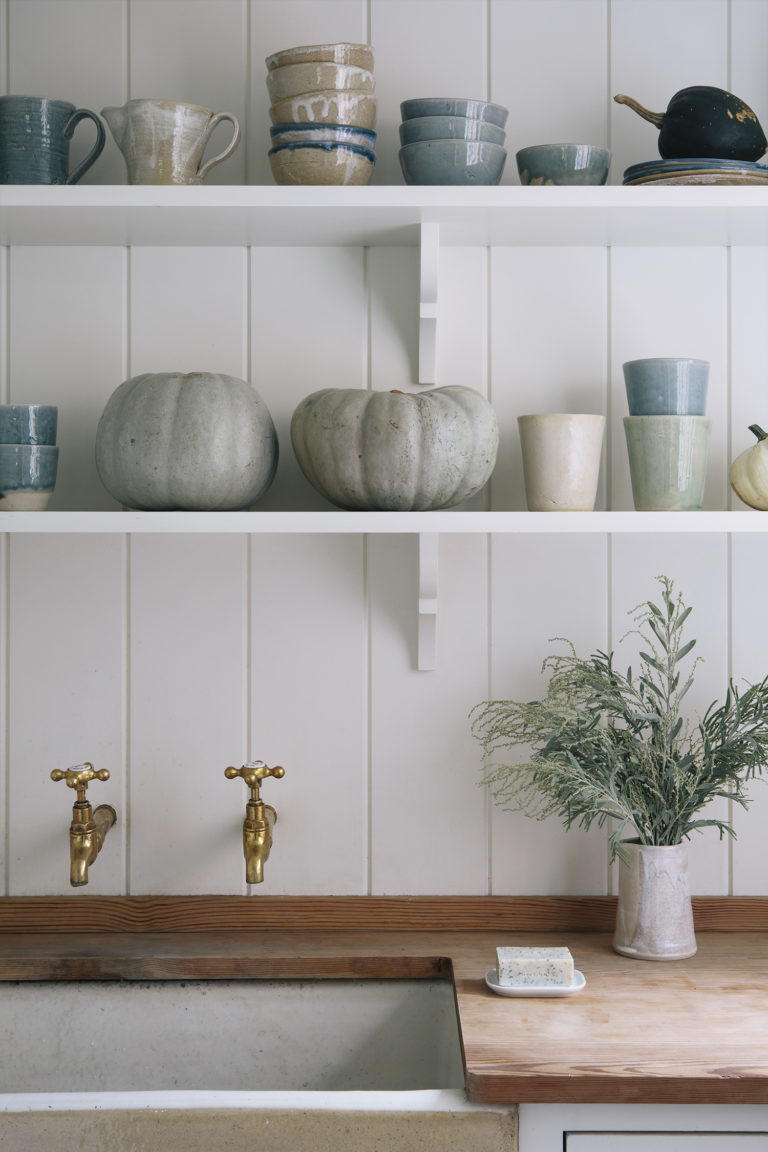
How does your connection to space play a part in your work?
Nearly everything in my house is secondhand. I’ve always liked really simple things that have a legacy of use. And I like natural items because I don’t want to feel like my house is full of plastic. I’m interested in the greater goals of beauty – the impact your surroundings and day-to-day objects have on your wellbeing. That’s something I try to embrace in my house as well as the business.
What rituals do you carry out in your home/studio?
My breakfast ritual is the same every day and brings me huge comfort and joy – two slices of toast (one with peanut butter, one Marmite) with an apple chopped into quarters and a cup of Earl Grey.
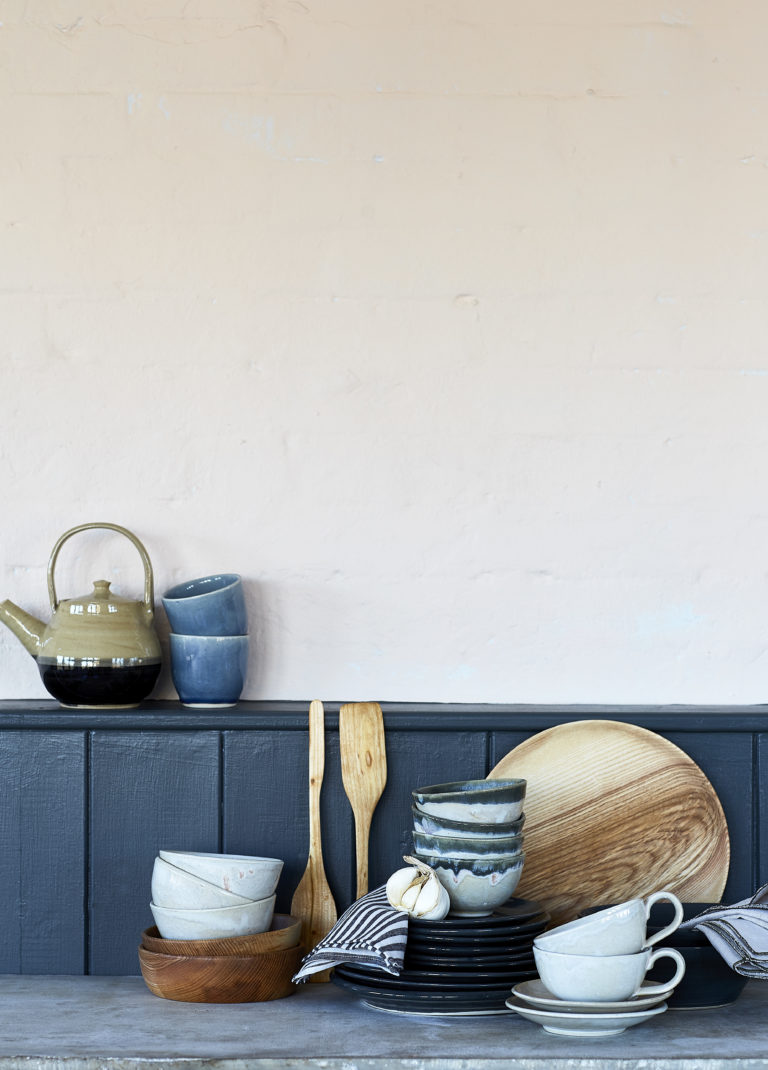
What are your home aspirations?
To overcome having too many aspirations. Like many people, I sometimes get stuck in a Pinterest pit of money-spending possibility of new colours and styles and furniture. I geek out about having natural wool carpets, bespoke window blinds and Scandi bed linens, but working with makers who struggle to find work, or homes, or support, is a daily reminder of how lucky we are and a good force for practicing gratitude.
The idea of building a home slowly, over a lifetime, rather than perfecting it as a one-off and then wanting to change it later, really appeals.
If you could live anywhere in the world where would it be?
Copenhagen – outdoorsy and stylish with an undercurrent of political and environmental awareness.
